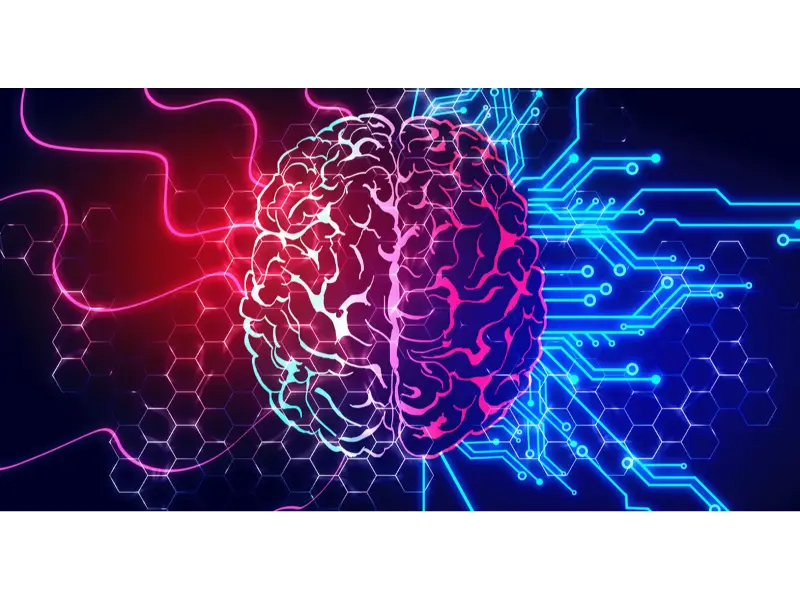- Learning and Adaptation: Cognitive computing systems can learn from data inputs and adapt their responses over time, improving accuracy and relevance.
- Natural Language Processing: These systems possess advanced natural language processing capabilities, enabling them to understand and interpret human language effectively.
- Reasoning and Decision-Making: Cognitive computing can perform complex reasoning tasks and support decision-making processes by analysing vast amounts of unstructured data.
Cognitive computing represents a revolutionary approach to technology that mimics human thought processes. By integrating artificial intelligence, machine learning, and advanced analytics, these systems are designed to enhance human decision-making and automate complex tasks.
As organisations increasingly turn to cognitive computing for insights and operational efficiencies, understanding its key attributes becomes paramount. From the ability to learn and adapt to sophisticated natural language processing, cognitive computing systems are reshaping how we interact with technology and make informed decisions in an information-rich environment.
Definition of cognitive computing
Cognitive computing is a subcategory of Artificial Intelligence. It primarily focuses on the computer’s ability to think, learn, and make decisions just as humans. Even though it is new, the concept has been around for several years. Cognitive computing algorithms allow computers to learn autonomously and address issues with human-like intelligence.
Cognitive systems aren’t designed to solve specific problems. It learns from experience and data they have gathered. Thereon, they analyse the data for developing customised strategies and solutions. Self-learning systems interact with the environment in real-time and use details for developing their own insights..
Also read: Delivering solutions with cognitive computing in AI
Also read: Difference between AI and cognitive computing
Use of cognitive computing
Cognitive computing uses technology, such as machine learning and signal processing to expedite human interactions. You might have already talked to a customer support bot to give out commands to Alexa or Siri, the personal digital assistants. Sure, they are helpful but they are pre-programmed.
Thus, its interactions are limited. The bots or personalised digital assistants don’t have the ability to read or give complex responses. But in the near future, we will be able to talk to these assistants and receive a thoughtful response.
But the field of cognitive computing is evolving at a rapid pace as new applications are being introduced in education, business, and healthcare fields.
Features of cognitive computing
Cognitive computing uses pattern recognition and machine learning to adapt and make the most of the information, even when it is unstructured. To provide these benefits, cognitive computing usually offers the following attribute.
Adaptive Learning: Cognitive systems accommodate an influx of rapidly changing data and information, which helps in fulfilling the growing set of goals. It can process dynamic data in real-time that modifies itself as per the data needs and surrounding needs.
Iterative and Stateful: CC identifies the issues by posing questions or taking out supplementary data if a query is vague or incomplete. The technology ensures this by storing details about potential scenarios and related situations.
Interactive: Human-Computer interaction is an imperative aspect of cognitive machines. Users interrelate with cognitive systems and lay down parameters. But the parameters keep changing. The technology interacts with other processors, devices, and cloud platforms.
Contextual: CC systems have to identify, gauge, and dig contextual data, such as domain, syntax, time, requirements, or a particular user’s profile, tasks, and goal. The system draws data from multiple sources of information, including visual, auditory, or sensor data. It also collects information from structured and unstructured data.

